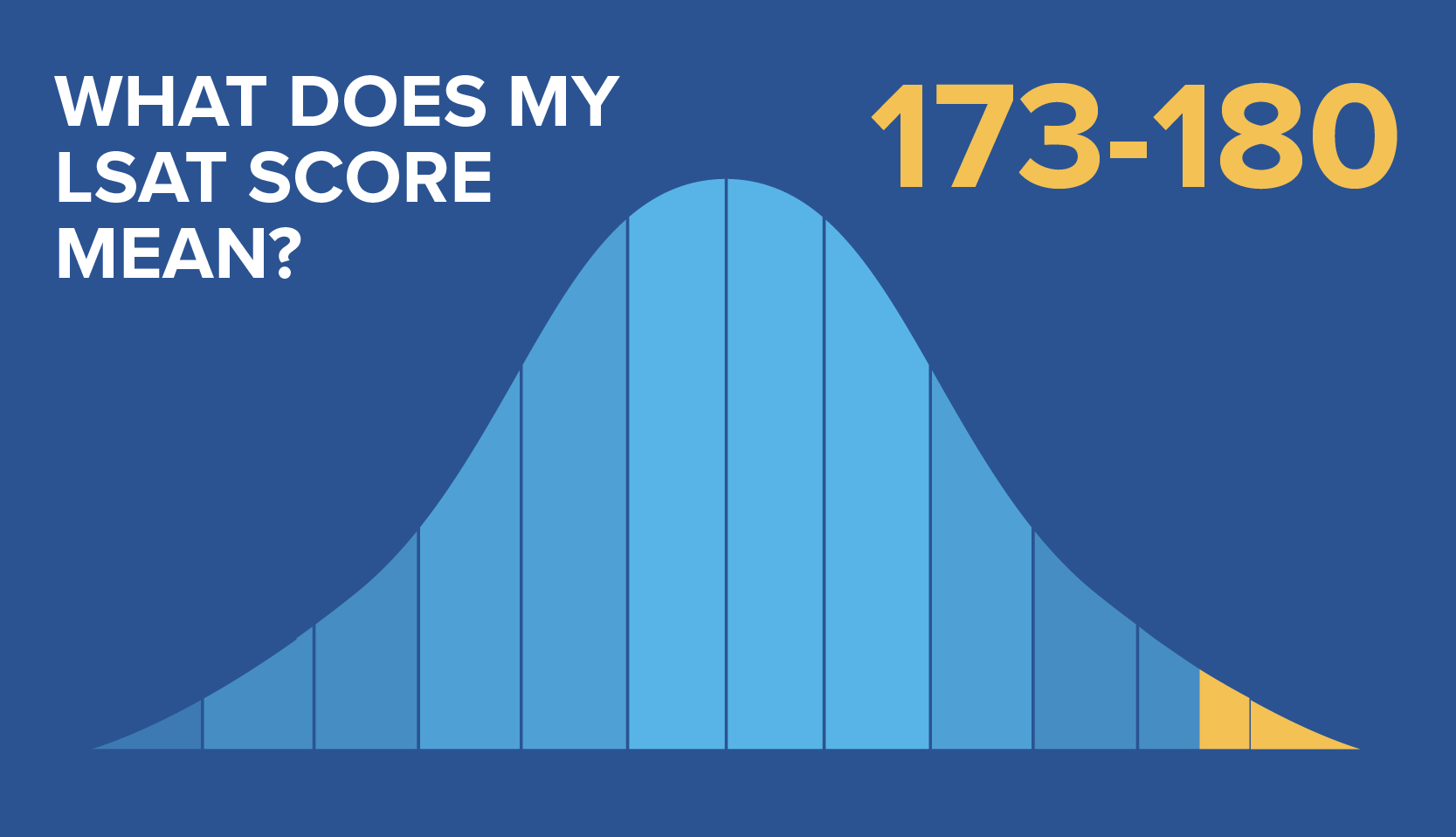
Rumors about the legal profession’s demise have become so common lately that one can almost be faulted for not knowing its dismal state. The WSJ legal blog and Above the Law were among the earliest and most vocal critics of the profession’s future, but recently even the mainstream media have started banging the drum. Both the Los Angeles and New York Times have run a variety of stories about the dearth of jobs for law school graduates, their mountains of non-dischargeable debt, and the responsibility law schools have to reduce their admissions.
I’m not sure if it’s that I like a good challenge or that I can’t stand to be on the winning side of an issue, or simply that I don’t want to have friends, but I’d like to take on the whole world in this debate. I think they’re a bit myopic and unduly alarmist about the relative state of the legal profession.
First disclaimer: This won’t live up to it’s billing, because I have a high regard for Ashby Jones at the WSJ Legal Blog and Ellie Mystal and David Lat, the editors of Above the Law. Collectively, they’ve subjected the business of law (especially larger firms) to public scrutiny for the first time. Whereas in days past, layoffs and bonus patterns were only anecdotally known, these blogs have exhaustively chronicled firm behavior, and in the process, literally changed the legal profession. I have no doubt the world’s better off with these blogs, and it’s not that I think they exaggerate or fabricate their statistics. It’s rather that I think they’ve allowed a certain set of phenomena to lull them into myopia.
Second disclaimer: I’m co-owner of the nation’s best LSAT prep company by far, and so it’s natural to think I’m drumming up business. It’s a fair charge, but we at MSS and Blueprint have been far more critical of increasing law school enrollments than any other test prep company, and I’d argue, as critical as ATL and the WSJ. We broke the widely reported story about the record number LSAT takers in September of 2009, we’ve urged students to attend less expensive law schools, and featured stories by law students about how living on loans has changed their lives. I, myself, believe that too many people attend law school and that many attend for the wrong reasons. Nevertheless…
The current legal climate
So much has been written that I’d need far more space than I currently have to take on the brunt of it. In this post, I just want to reexamine the following story:
“…with law schools accepting as many (or more) students as ever in a severely contracting professional market, graduating law school students will be saddled with record high tuition that they’ll have little way to pay back, creating a generational crisis.”
I think that’s just silly, though I agree with all but the last clause. It’s true that while the number of legal jobs is contracting, law schools continue to accept and graduate as many (or more) students as ever. It’s also true that tuition and average student loan debt have reached all times highs and law school graduates will be saddled with this debt for years to come despite their increasingly poor job prospects (unless they’re rescued by some future student-loan, debt relief legislation). Nevertheless, I’m not sure why any of this is really newsworthy. In fact, law school still strikes me as one of the better deals in town.
Law school still a better bang for your buck. Comparatively.
Let’s allow that top paying jobs (those starting anywhere near $160,000) will be largely restricted to students who graduate from top 20 schools (in the top half of their class or better). Let’s also assume that (1) students from third tier law schools might have difficulty finding jobs at any pay rate, and that (2) the great majority of students who fall between these two groups will have some difficulty finding jobs and will generally earn somewhere between 50k and 120k depending factors such as location, practice area, and a substantial measure of luck.
What’s striking about that picture is how much better this situation is than most other graduate-trained professions. Doctoral students in the humanities would commit unspeakably hideous acts for such a rosy professional landscape. It’s similar throughout the humanities, but I know a bit about the job market for Ph.D.s in Philosophy, so allow me to share.
Why there aren’t thousands of professional philosophers
The market for Ph.D.s in philosophy of the mid 1990s was far better than it is currently, but still was far worse that the legal market of today. One widely reported study (from the Review of Metaphysics, September of 1996) showed that of 341 Ph.D.s granted in 1995-1996, only 6 had secured tenure track jobs in top 15 ranked philosophy departments by 1998 and only 11 more had landed jobs anywhere in the top 50 departments. So, of 341 Ph.D.s, only 26 found tenure-track positions within two years of graduation, or a whopping 7.6% placement rate. Put another way, 92% of Ph.D.s in philosophy failed to find tenure-track positions during this period.
Let’s all just agree that if only 7.6% of law graduates had found associate level employment within 2 years of graduation, there would be rioting in the streets. Moreover, those Ph.D. numbers are from the mid-1990’s days of wine and roses. Today it’s far worse. Duke University, a top-30 philosophy department, announced that they’re not accepting students into their Ph.D. program next year (presumably because of the current economic climate). Indiana University of Pennsylvania is requiring its faculty to explain why they shouldn’t eliminate their philosophy major altogether. Anecdotally, I know quite a few recent Ph.D.s from top 15 schools, and the vast majority of them are either severely underemployed or have left the job market all together.
And this isn’t restricted to philosophy either. In History, English and other disciplines in the humanities, the market for tenure-track posts has been extremely constrained for years. With dramatic cuts in government educational spending and corresponding cutbacks in private institutions, market conditions have become downright harrowing. Graduates of institutions outside the top twenty are likely to never find a tenure-track position at all, and even graduates from top 10 schools are likely to spend years on the market taking adjunct and terminal positions as they wait for a tenure-track position to open. Even when you get one, jobs are apparently never safe in academia. Kings College (London) is forcing all of its humanities professors to reapply for their jobs in the coming year, and the same is being required by a small university in Texas.
How many languages did YOU learn for your JD?
Just so we can calibrate the various rigor of these pursuits, I’d like to commend all my friends who rocked the LSAT and then went on to place well at top tier schools. You’re smart, accomplished people who have a lot to be proud of. But let’s not get so confused as to think that this begins to compare to what your counterparts in top-tier Ph.D programs have experienced.
These programs almost always take at least six years, but often upwards of a decade, to complete. It’s common that students learn two foreign languages, though students are required to learn as many as four (e.g. Classic programs frequently require two modern and two ancient languages). By their graduation, it’s expected that students will have a distinguished record of presenting papers in professional conferences and publishing articles in professional journals, in addition, of course, to writing a dissertation which is supposed to be an original contribution to their field. These expectations are part of the reason that so few students actually complete their programs. Whereas almost everyone who enters a top-tier law school graduates, top Ph.D. programs in the humanities often have attrition rates of 50% or more. And again, among these noble few, 92% will fail to find tenure-track jobs. It’s fully expected that a Ph.D. candidate who has any hope of gaining employment anywhere should have a command of her subject that will rival junior professors in her department. How many 3Ls have a command of the law school curriculum rivaling that of junior professors at their law schools? I’m going to go with very, very few.
It’s not uncommon for applications for entry level, tenure-track positions to include five or more published articles and a dissertation published by a noted press (such as Cambridge or Oxford) that’s been reviewed by the leading scholars in the field. And we’re talking about hundreds of these applications for a single job that might pay $40,000 to $60,000. If it ever, ever got this bad for law school graduates, every law school in the country, save a precious few household names, would be burned to the ground.
The contrast grows ever starker
Whereas graduates from top law schools can frequently pick the city in which they’d like to live, even the top ranking Ph.D. applicants from the top schools apply nationally and often internationally. I actually know people, who after years of study at top schools, ended up in Singapore and rural Canada simply because those were the best offers that came in during the years they were on the market. And remember, whereas law students upon graduation are essentially unable to perform almost any task required by their profession, emerging Ph.D.s in the humanities have generally taught a number of undergraduate courses (typically graduate students teach for five or so years as part of their fellowships), published papers, and often books.
The dollars and cents
So, I hear you saying, maybe the jobs are hard to get but the Ph.D.’s debt burden is a fraction of the law school graduate’s. That’s true, but only superficially so. Humanities graduate fellowships are quite modest (tuition + $15,000 a year for a good fellowship) and almost inevitably require students to take out loans or work second jobs to make ends meet (as teaching and/or grading is typically required for the fellowship). Students who take out loans will often borrow $5,000 to $10,000 a year simply to scrape by for as many as 6 to 10 years. It’s therefore common for humanities Ph.D.s to leave with $50,000-$100,000 in total educational debt, and that’s after living close to the poverty line for as much as a decade.
While this total amount is lower than corresponding law school students, this debt looms even larger for these people than law school debt because humanities salaries start off as a fraction of law salaries and never come close to catching up. If you think that owing 200k is a big deal when your salary is $120,000-$180,000 over the course of the next 7 years, think about owing 75k or more when your salary will be limited to $40,000 to $60,000 for the same period.
Initially, you might think that the respective debt to annual salary ratio is similar in both cases. The difference is that the Ph.D.’s pay scale is so low that it allows for virtually no dispensable income, so the percentage of the Ph.D.s salary she can put toward her debt is far lower. This is one of the reasons a relatively lower amount of debt can still shackle a Ph.D. for far longer than the law student. If law school graduates have golden handcuffs, the Ph.D.’s are lead.
(Admission: Because humanities Ph.D.’s are borrowing less money per year (though for many more years) a greater proportion of theirs will be subsidized (Stafford or Perkins loans) and therefore at lower interest rates. Nevertheless, this is little consolation for such blighted souls.)
If we’re concerned with employment prospects, relative debt burden, and the temporal investment in the respective degrees, law is still a cakewalk compared to a Ph.D. in the humanities. The relative debt burden and likelihood of employment both strongly favor law jobs, even though it’s clear that the Ph.D. candidate has invested significantly more time and effort.
And you thought Ph.D. programs sounded bad…
Moreover, the Ph.D.’s aren’t even the worst off. Apparently, and I find this shocking, universities have not yet shut down their journalism departments. You can still go to Columbia or Northwestern and pay law school level tuition (albeit for fewer years) and then try to procure a job in an industry that barely exists any longer. Amidst the dying cries of daily newspapers and weekly news magazines, it’s profoundly hard to understand how one could justify graduate school in journalism, especially since, unlike law and academia, graduate training is not a precondition for a career in the field. And yet, there stand Columbia and Northwestern with their doors still open.
What the hell is an MFA?
If you think that’s bad, there’s a group that’s still worse off (though I do think this is the end of the line). Allegedly, there are these Masters of Fine Arts degrees, which come primarily in two varieties: the artistic and the literary. What they have in common is that each prepares students for jobs that don’t currently exist and have, in fact, more or less never existed. You can still get an MFA in poetry in this country, which prepares you to be… well, a poet laureate and not much else. They also give MFAs in short story writing, modern sculpture, ceramics and, yes, the cherished and ever-relevant printmaking. Top-tier MFA programs cost as much as top law schools (though, again, these are generally two year degrees) and their graduate’s job prospects are among the poorest in the world. Yet, these programs continue to be incredibly competitive, with RISD and Iowa’s Writer’s Workshop easily rivaling top law schools in their selectivity.
Surely, if the current plight of law constitutes a generational crisis, the state of academic Ph.Ds, graduate school in journalism, and MFAs should be nothing short of global cataclysm. Yet oddly, you dear reader, probably don’t think so. Perhaps this is because you believe the law school graduate’s plight affects more people than any of the more exotic pursuits discussed above. But taken as a whole, the number of students graduating from the variety of graduate programs whose plight is worse than law school graduates might well rival or exceed the number of people coming out of law schools. So it can’t be the sheer number of people affected.
Why we don’t hear about the plights of Ph.D. students
Another, more subtle but perhaps more accurate, explanation of our greater concern with law school students’ plight is the sense that these other groups ought to have a tougher road. While reading about these other graduate programs, perhaps you thought, however fleetingly, sure, it’s tough for them, but they love what they do and that should make up for some of this. Presumably people are in these fields, the thinking goes, because they’re pursuing a deep passion, whereas people in law just chose that path because it was an reliable route to wealth and status. A comfortable life, on this view, should be easier for the lawyer than the artist or scholar. After all, if it weren’t, we’d all be artists and scholars…
When the lawyer’s prospects of wealth are severely diminished, we cry injustice because his expectation of wealth was (1) reasonable and (2) a principle part of his motivation for pursuing the career in the first place. The reason that we don’t have similar feelings about the Ph.D. is presumably that that we think (1) he could never really have had a reasonable expectation of wealth and (2) we expect that he must have had different motives for embarking upon the profession. Injustice for the Ph.D., on this view, would occur if he couldn’t pursue his chosen passion. If, for example, he wasn’t afforded conditions that allowed scholarly reflection and time to read. But relative poverty seems to an expected part of the deal for people who indulge such passions.
The Grand Conclusion
There might well be something to this kind of story. But if it keeps us from crying for the Ph.D or MFA, it should also qualify our pity for the law school graduate. It’s not so much that the person who wanted to dedicate his life to representing disabled children, abused women, or indigenous people couldn’t find work. It’s more that the corporate transactional attorney is making less money than he expected.
But then this is less a generational crisis than it is the end of a reliable road to wealth. While certainly that isn’t good news, neither is it the human tragedy that someone seems to be selling every time we read a newspaper or a blog.
Article by Trent Teti of Blueprint LSAT Preparation.




